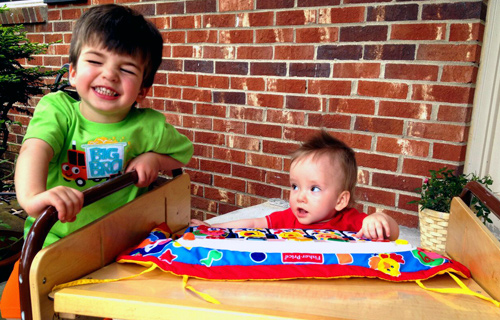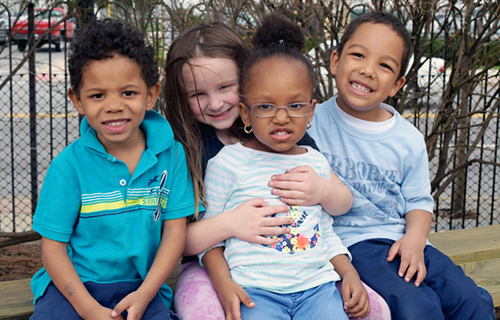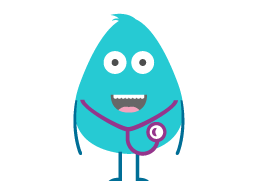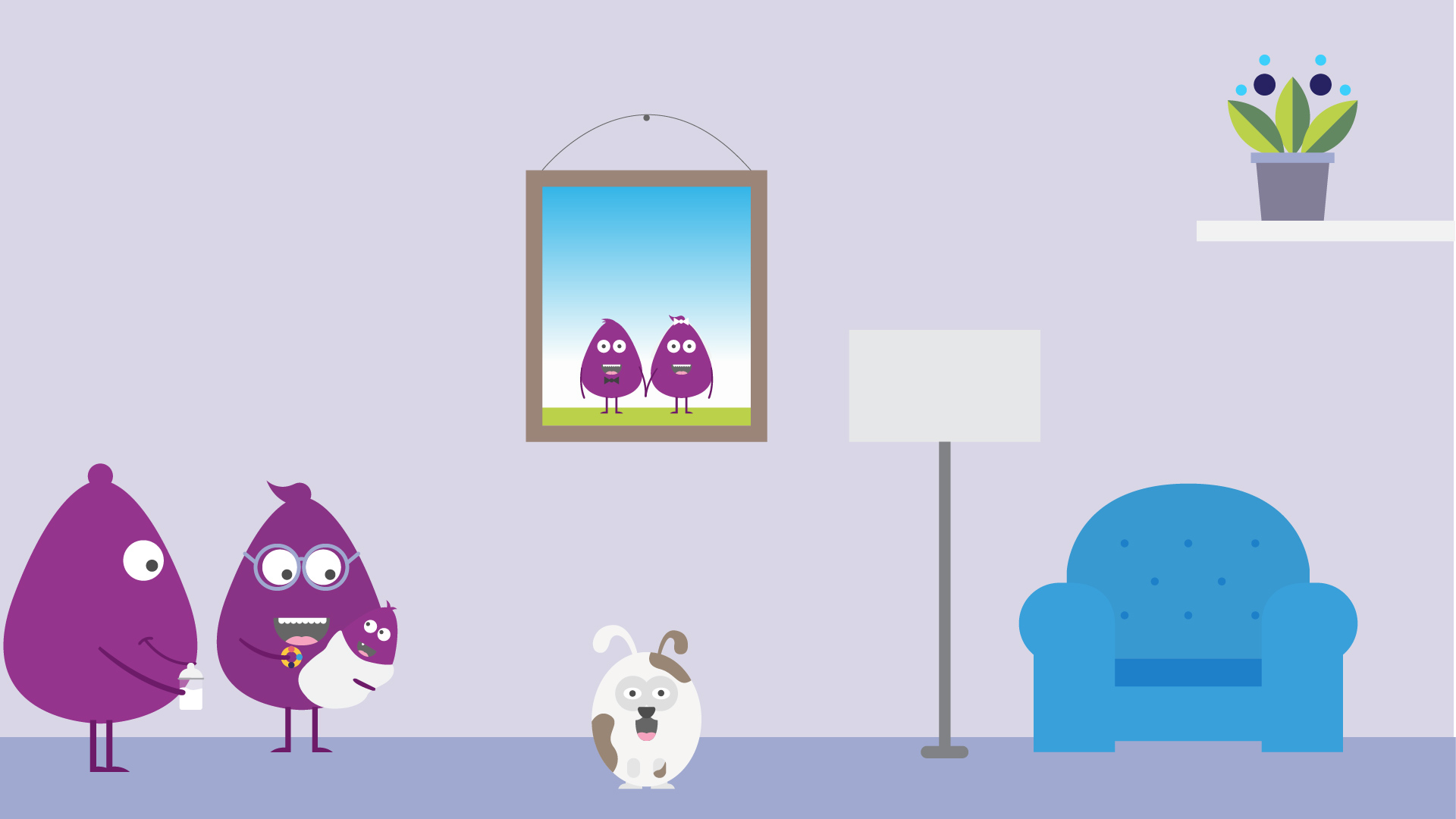Intervening Early
Before a child turns 3, his or her brain forms more than 1 million new neural connections every second! That is a lot of brain development. And that’s why it is the best time to positively influence development if there is concern of a delay.
Simply put—intervening early matters. The earlier we intervene, the greater the outcome.
But—what does “intervening early” mean?
How do families, health care providers, and others “intervene” to help a child develop?
Intervening early connects regular, everyday experiences—playing indoors and out, interacting with other family members, accomplishing daily tasks, and the like —to help children meet milestones when there is a delay, or even a concern about a delay.
Early intervention strategies use these experiences to help in development. An intervention looks different for every child and family because it is based on your family and child’s unique interests and strengths.
As you consider the best options for your child, consider the following:
For children under age 3
Research shows that effective early intervention happens at home or wherever your child spends her or his time.

But you’re not on your own trying to figure out what to do. An early childhood specialist makes regular visits to support and coach you on how to help your child.
Read More
For children under age 3, the program is called Early Intervention, and every state has its own system. Ohio has Early Intervention Service Coordinators in every county.
These coordinators help guide families through developmental screenings and assessments, and then help them find services in their community that match their child’s needs and what they value as priority.
For children over age 3
Children over 3 can benefit by attending a program outside the home. Programs vary in the number of days and hours.

No matter what, look for programs that are: family-centered, inclusive (children both with and without delays together), play-based, and emphasize social-emotional learning.
Read More
For children age 3 and older, your local school district provides these services through preschool programming.

The Childhood League Center has built its early intervention and preschool programs on these principles and practices.
- Learning more about the process of intervening early through our guide for pediatricians. Click Here
- Ask your doctor about developmental screenings and assessments, or ask for help on your own.
You do not need a referral to get started with these important steps in helping your child.

